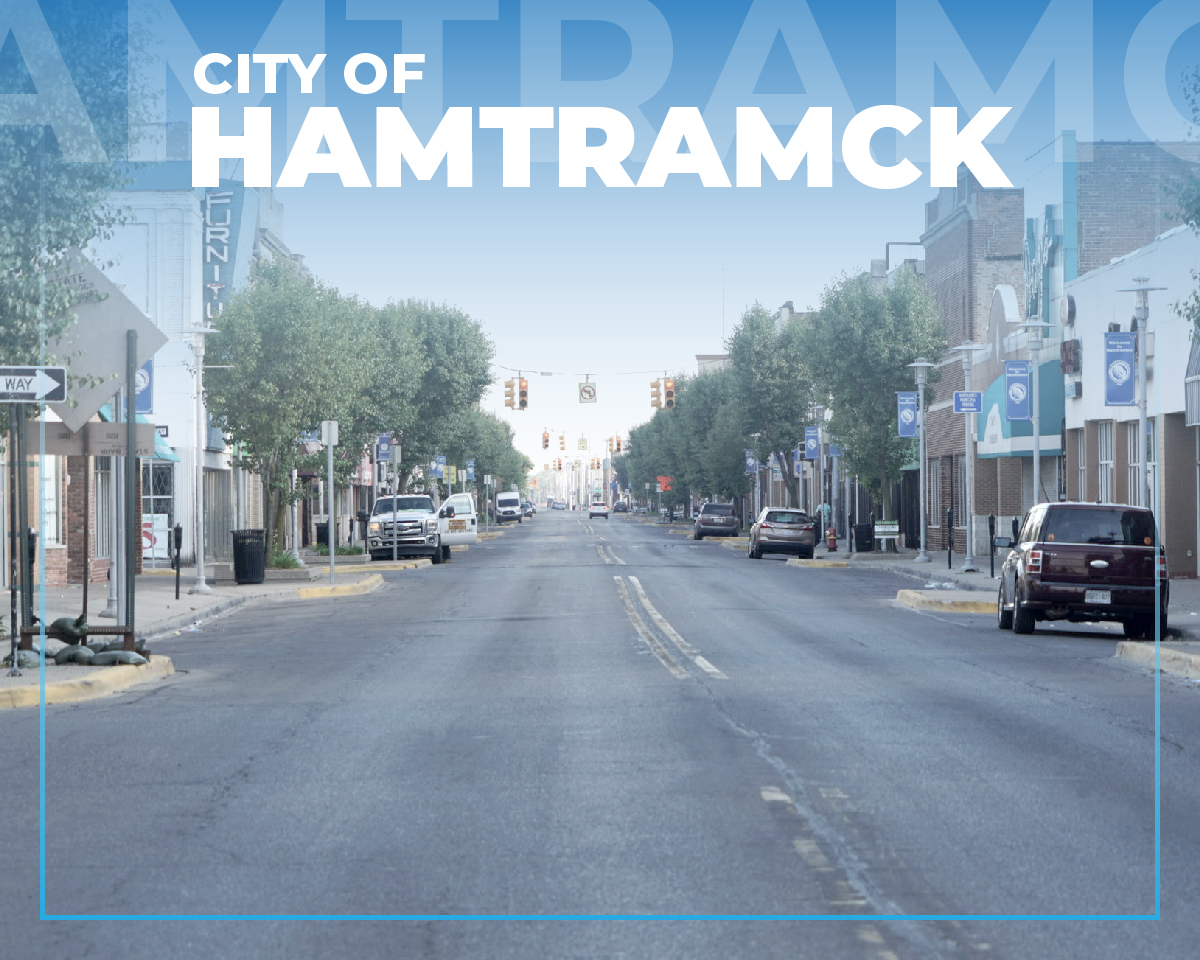In the news, you may have heard that the CDC has started recommending that some patients receive a COVID-19 vaccine booster shot to increase their protection against the deadly coronavirus.
But who is eligible? And where can you get a booster? Chief Medical Officer Dr. Hazem Samir explains everything patients need to know about COVID-19 vaccine boosters.
What is a vaccine booster?
Vaccine boosters are additional doses of a vaccine that help boost your immunity to a disease beyond what the initial dose provides.
In August 2021, the Centers for Disease Control and Prevention (CDC) began recommending that immunosuppressed patients get a COVID-19 vaccine booster shot after receiving the first two doses of a vaccine from Pfizer-BioNTech or Moderna.
Here are some important facts about these boosters:
- Booster shots help your body better fight off the coronavirus. This extra protection is important for immunosuppressed or immunocompromised patients whose bodies can’t fight off a viral infection without help from a vaccine.
- The boosters are made of the same ingredients in the same dosage amount as each of the first two Pfizer and Moderna shots. There are no new ingredients in the boosters.
- The CDC recommends that you receive the same vaccine as your other doses. If you got the Pfizer vaccine initially, you should get a Pfizer booster.
- You should receive a booster 28 days after your second shot. If it’s been longer than 28 days since your second shot, you should still get a booster.
Do I need a vaccine booster shot?
As of August 2021, the Centers for Disease Control and Prevention (CDC) is recommending that only immunocompromised patients receive a COVID-19 vaccine booster shot. That includes patients who:
- Are currently receiving cancer treatment
- Have a condition that affects their immune system (such as patients with DiGeorge syndrome or Wiskott-Aldrich syndrome)
- Are taking immune-suppressing medicines (such as for cancer, after an organ transplant, or biologic therapy)
- Are taking high-dose corticosteroids (which can suppress the immune system)
- Have an advanced or untreated HIV infection
If you meet any of the above criteria and have already gotten the Pfizer or Moderna vaccine, doctors advise that you receive a vaccine booster shot to better protect you against COVID-19.
Can I get a booster if I’m not immunosuppressed?
If you are not immunosuppressed or immunocompromised in any way, then the CDC does not currently recommend you get a booster.
However, this may change in the future. For the latest news about boosters, keep an eye on the CDC website or a local news outlet.
Can I get a booster if I received the Johnson & Johnson vaccine?
As of August 2021, there are no official guidelines that recommend patients receive a booster shot if they’ve already gotten the single-dose Johnson & Johnson vaccine.
However, this may change in the future. You can check the CDC’s page on booster shots for the most up-to-date information about Johnson & Johnson boosters.
Are there side effects?
Clinical trials show that it’s safe to receive a third dose of the Pfizer-BioNTech and Moderna vaccines. There are reports that the side effects are similar to what patients experience after getting the initial two doses.
You may experience:
- Fatigue
- Muscle/joint aches
- Headache
- Fever/chills
- Pain at the injection site
Scientists and doctors are still studying people’s responses to the booster shots to understand who experiences side effects and how common they are.
However, scientists and doctors know that the majority of side effects from the vaccine booster are temporary and not life-threatening, unlike the potential symptoms and complications associated with a COVID-19 infection.











